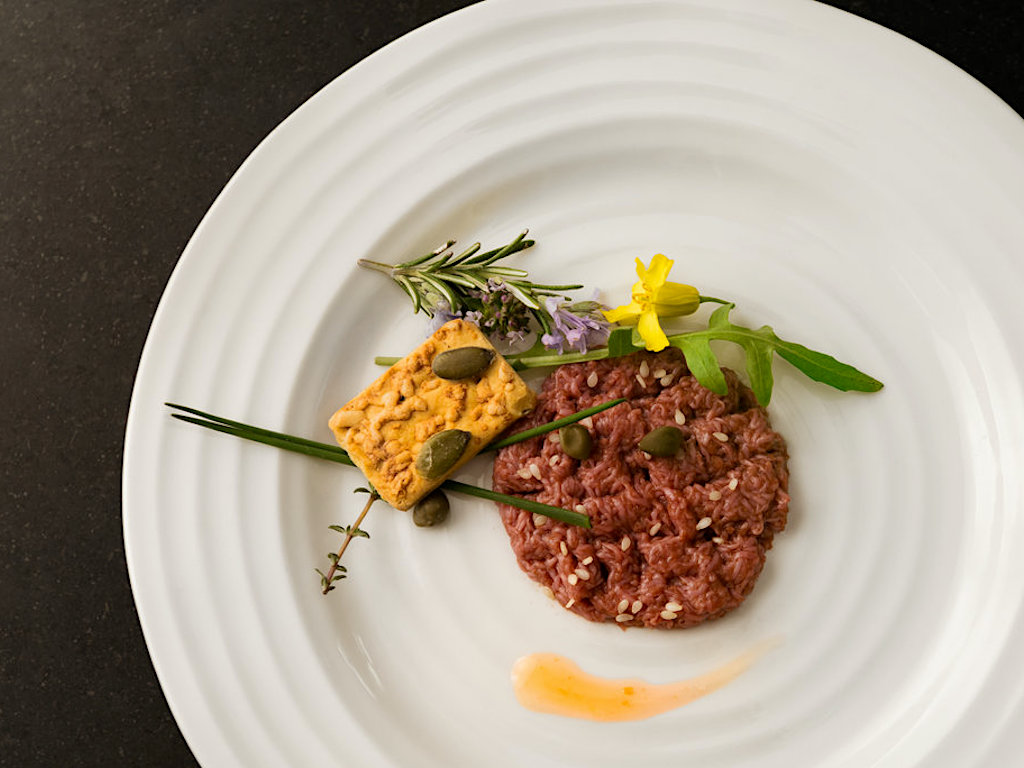French Ag Minister Tweets France Will Not Support Cell-Based Meat Despite Rising Consumer Acceptance
4 Mins Read
French agricultural minister Julien Denormandie has made a controversial comment suggesting that France will not agree to the commercialisation of cultivated meat, despite rising consumer acceptance driven by greater awareness of the health, sustainability and food security advantages of cell-based proteins. Alternative protein experts have criticised the minister’s remarks, emphasising the need to transform the protein supply chain and shift away from traditional animal agriculture to tackle the climate crisis and threats of future zoonotic pandemics.
In a tweet published on Thursday (December 3) in response to the news that headlines about the regulatory approval for cell-based food products by the Singapore government, Denormandie, who serves as the minister of agriculture under the Prime Minister Jean Castex since 2019, suggested, rather forcefully, that France would not be open to cultivated proteins.
“Is this what we want for our children, as a society? Me, no! I will clearly state it: meat comes from the living, not laboratories,” wrote Denormandie in French (our translation). “You can count on me, in France, meat will remain natural and never artificial!”
The comment followed the breaking announcement from San Francisco-based food tech Eat Just that it has received regulatory approval from Singapore authorities to begin selling its cultured chicken, in what is the world’s first-ever allowance of a commercial cell-based meat product.

The minister’s tweet has already attracted criticism from alternative protein experts, many of whom have pointed out the many advantages that cultivated proteins will bring to revolutionise the broken meat supply chain, which is contributing an estimated 18% of global greenhouse gas emissions each year and driving unsustainable practices such as deliberate deforestation. E.U. Green Deal supporters have also emphasised the need for novel ways to produce protein in order to slash the bloc’s carbon footprint.
Read: Europe’s animal agriculture industry bigger source of emissions than cars & vans combined
Responding to Denormandie on Twitter, Agriculture Cellulaire France, a French association whose mission is to inform and educate the public about cellular agriculture, wrote in French (our translation): “It would be a shame to reject outright an innovative method of production that enables France to compete in the growing field of alternative proteins. Instead, let’s promote the development of a French sector that guarantees quality!”
Matthew Vincent, founder of DigitalFoodLab and a food tech expert based in France, told Green Queen in a statement that the minister’s outright rejection of cell-based meat was “quite upsetting as it ideologically dismisses the technology without looking at its potential benefits.”
“There are enough arguments in favour and against cellular agriculture to male a real debate. This kind of easy political reaction [that] look[s] after the votes of farmers…is also dismissive of all the efforts of French and European entrepreneurs working on cellular agriculture,” added Vincent.
Denormandie recently also stirred controversy when he led a new draft bill easing the ban on bee-threatening pesticides, a move largely seen as a prop up for the country’s sugar industry, and this despite its environmental impacts on devastating pollinator populations – of which almost three-quarters of the world’s crops depend on.
Nathalie Rolland, co-founder of Agriculture Cellulaire France and a cellular agriculture expert, told Green Queen that “we want this industry to grow and evolve because of its potential to benefit society at large.”

Many have further highlighted evidence that French consumers are no longer as dismissive of cell-based proteins as they have traditionally been in recent months. Cultivated meat has garnered a greater show of support in the wake of the coronavirus, which has highlighted the safety and health advantages of alternative meats, particularly in reducing the risks of future zoonotic pandemics.
In September, research into cell-based meat acceptance in Germany and France revealed promising markets, showing nearly half (44%) of French consumers were willing to try cultured meat, though the figure in Germany was higher at 58%.
A similar contradictory move from politicians in Europe to continue backing unsustainable meat consumption despite their supposed climate and health commitments in a new “beefatarian” campaign has also been condemned by alternative protein experts.
Lead image courtesy of AFP.




